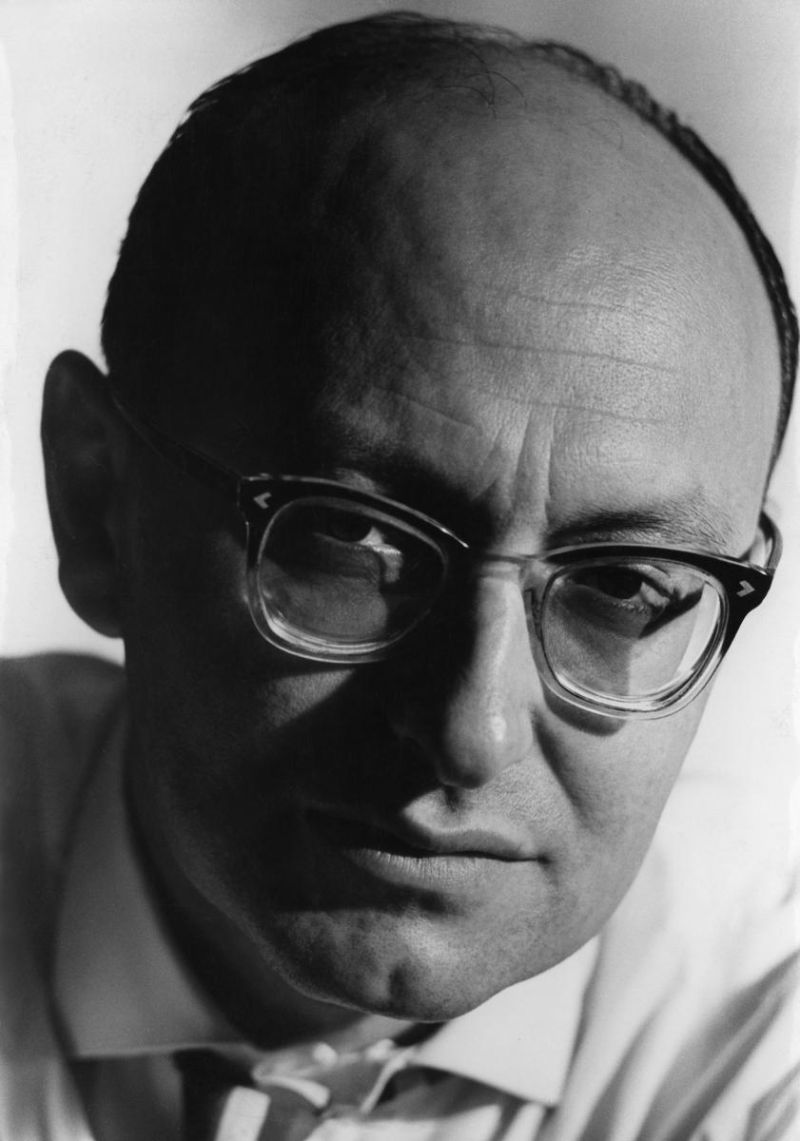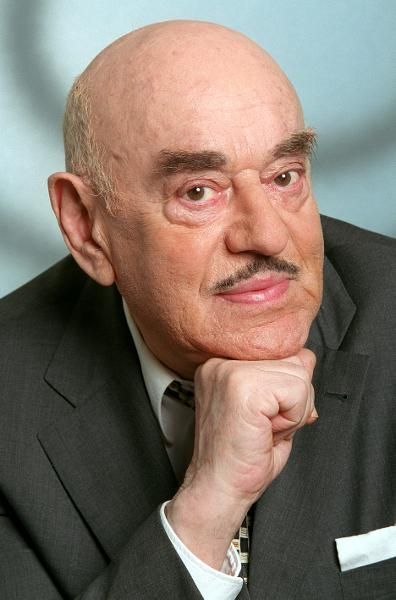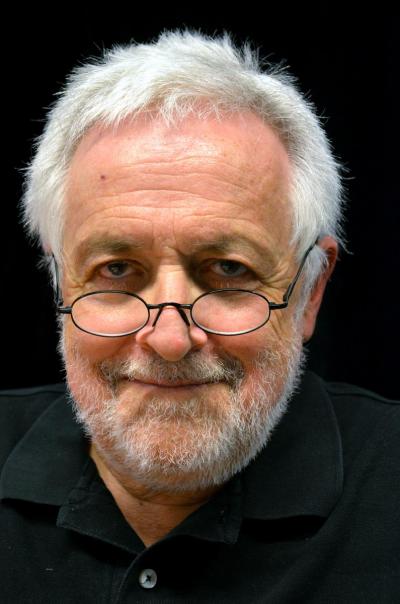“MRR”: His Life
Mediathek Sorted




Interview with Gerhard Gnauck on SWR (German)

Interview with Gerhard Gnauck in memory of Marcel Reich-Ranicki (German)
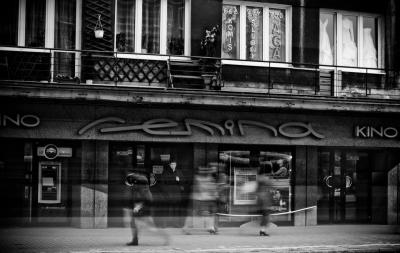







In memory of Marcel Reich-Ranicki on Radio ‘Trójka’ (Polish)

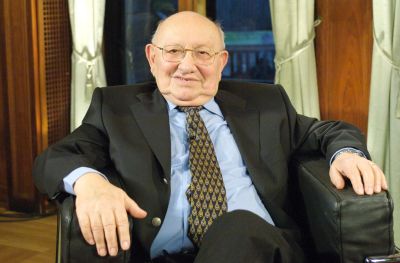


Marcel Reich-Ranicki - Radio play by "COSMO Radio po polsku" in English

Marcel Reich-Ranicki in an interview with Joanna Skibińska

Marcel Reich-Ranicki auf Polnisch! Interview mit Joanna Skibińska 2000







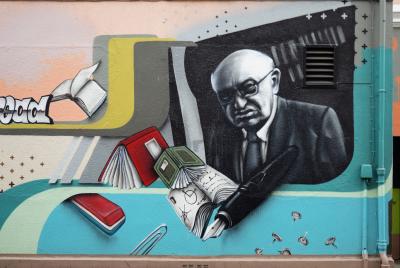




























At the end of 1949 Consul Ranicki was suddenly ordered back to Warsaw. Sometime later he was thrown out of the MBP, the Foreign Ministry and the Communist Party of which he was a member. Had this something to do with the growing anti-Semitism in the Polish apparatus – as Ranicki later hinted? Or was it more to do with the ideological alienation between him and the Party? Nothing can be established for sure, but the files do reveal that Ranicki’s London office with its staff and agents had almost completely collapsed (partly because people were changing sides), and this had raised alarm bells with the Head of Security in Warsaw.
Ranicki writes that, out of loyalty, he saw it as a “decent act of duty”[7] to return to Poland. But he does not say whether he meant loyalty to the country of his origin or to the ruling system or another instance. The only thing certain is that he did not ask to be recalled “for political reasons”[8], something he later claimed in order to put himself near to the ranks of dissidents and human rights activists.
Nonetheless his fall was painful; Ranicki had to spend two weeks in prison. After that he and his wife Teofila and son Andrew who had been born in London – were free once again, as free as was possible in Poland during the Stalin era. And in the prison cell, where he was at least allowed to read German literature, a new Ranicki was born: the literary critic.
Ranicki gradually made a name for himself as an expert on German literature, a field which was not exactly popular in Poland after 1945. He wrote innumerable articles that were published in journals ranging from the village newspaper “Wieś”, via cultural periodicals all the way to the organ of the Party, the “Trybuna Ludu”. In the 1950s he also received visits from authors, first Brecht from East Germany, then Böll and Grass from the Federal Republic. For them Ranicki was the ideal contact And he got to know them all. But he was also acquainted with many of the most famous Polish writers (Lec, Tuwim). After a brief study visit to the Federal Republic Ranicki applied once more for a German visa for himself in 1958, and, in order to trick the authorities, he also simultaneously applied for a British visa for his wife and son. The plan was successful. Once they were all in the West, they remained there.
He now began his third career, after the MBP and his cultural work in Poland. First of all he changed his name to “Reich-Ranicki“, after an editor on the F.A.Z. advised him to turn his two names into a single name. He began his career as a critic on the F.A.Z., before moving to Hamburg to work for Die Zeit. Later he moved back to the F.A.Z. and was also the main critic in the ZDF programme, Literarisches Quartett from 1988 to 2001. By now he had become known as “the Pope of German Literature”. Very early on he allied himself with the most important group of German-language writers, the Gruppe 47.





















































































